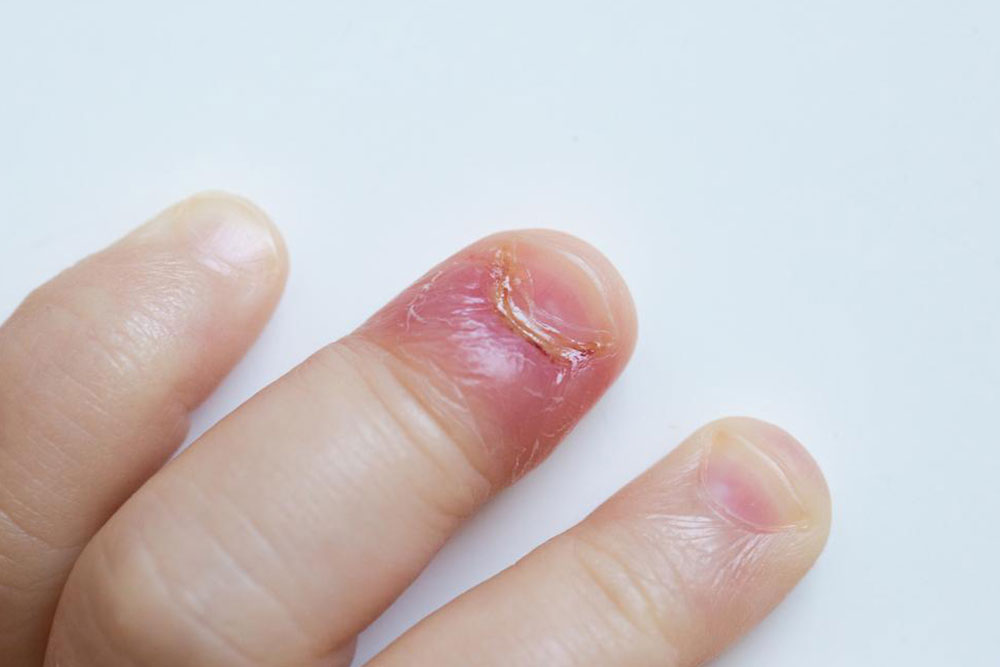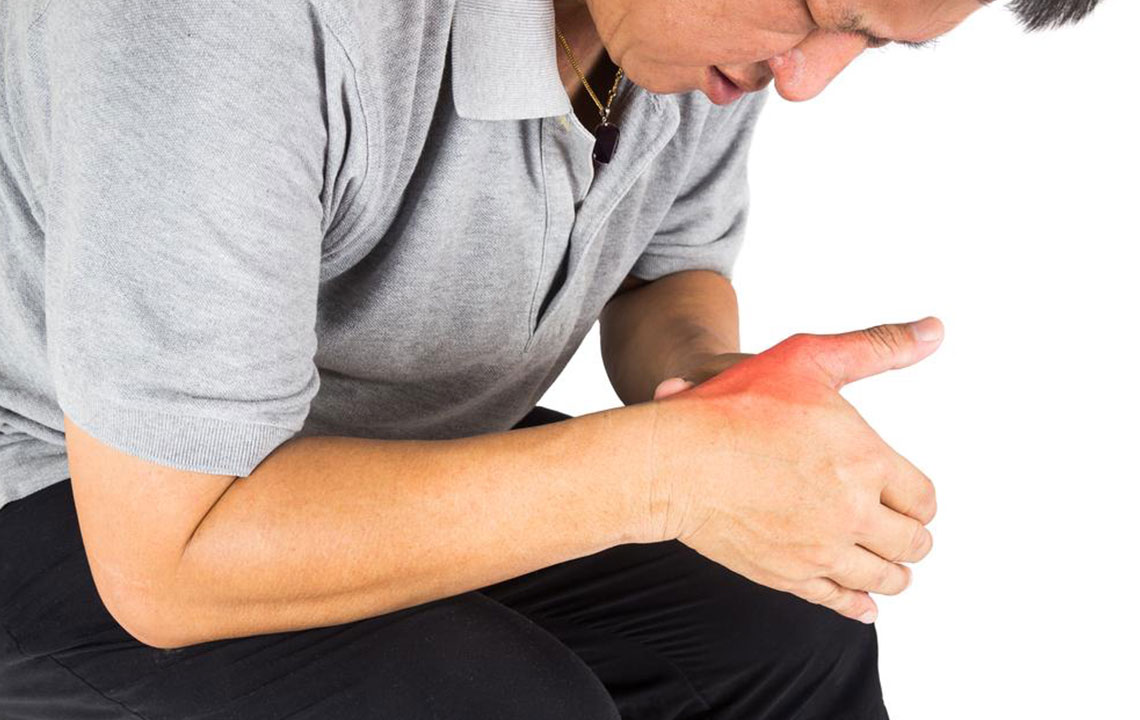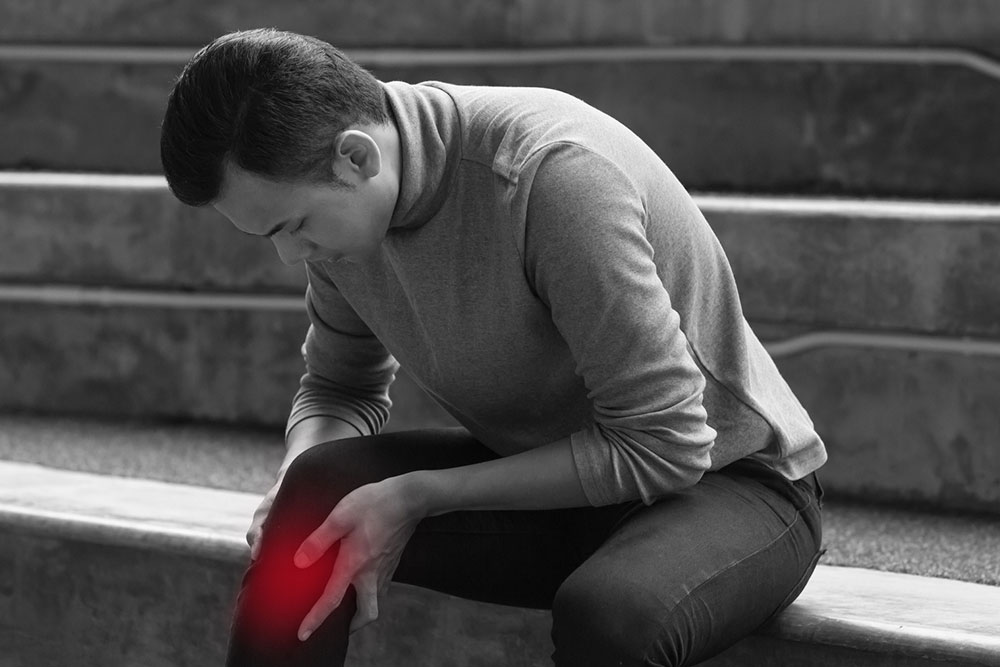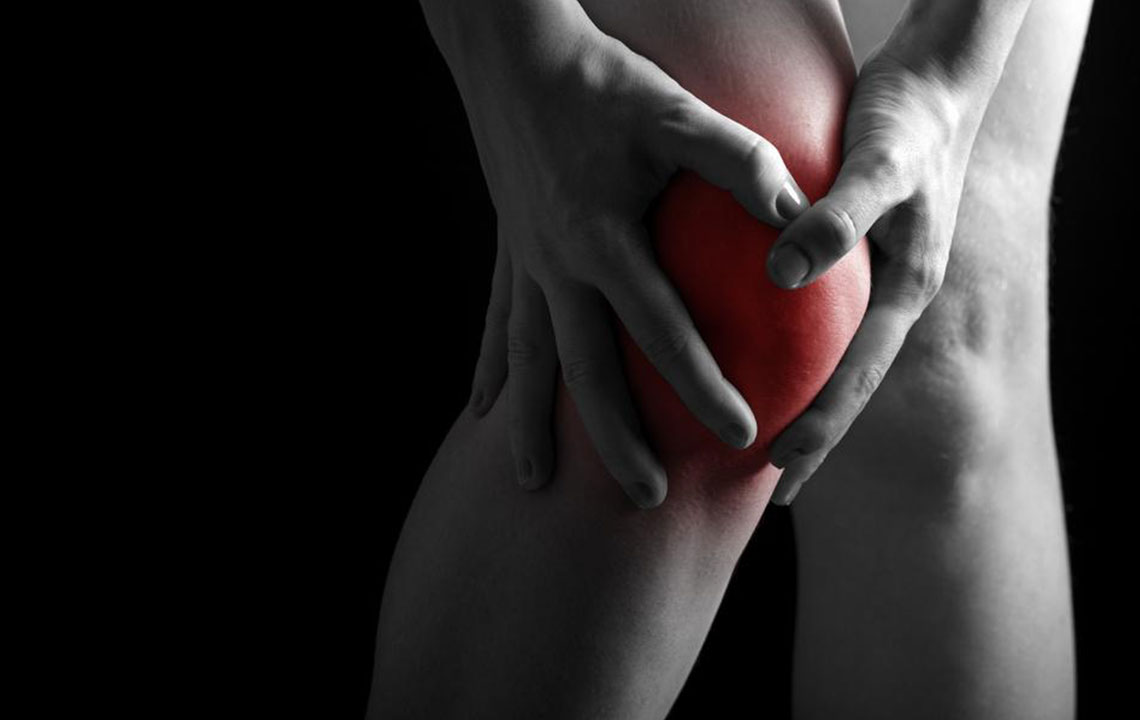Comprehensive Guide to Causes and Remedies for Swollen Fingers
This comprehensive article explores the main causes of swollen fingers, including environmental, dietary, and medical factors. It provides practical insights into symptoms, diagnosis, and management strategies to help readers understand and effectively address finger swelling. From hot weather and high salt intake to arthritis and Raynaud's phenomenon, learn how to identify the root causes and find suitable solutions to alleviate discomfort and maintain finger health.

Understanding the Main Causes and Solutions for Swollen Fingers
Noticing sudden swelling in your fingers can be concerning, but in most cases, it's a common and benign issue. Finger swelling often occurs due to environmental factors like temperature changes or dietary habits, but it can sometimes indicate underlying health problems requiring medical attention. Recognizing the various causes of swollen fingers can help you manage the condition effectively and seek appropriate treatment when necessary. This comprehensive guide explores the primary reasons behind finger swelling, associated symptoms, and practical solutions to alleviate discomfort.
Impact of Hot Weather and Temperature Fluctuations
Warm or hot weather can cause temporary swelling in your fingers. In response to high temperatures, your body naturally dilates blood vessels to dissipate heat and regulate core body temperature. This vasodilation leads to increased blood flow in peripheral areas, which, combined with fluid leakage from blood vessels, results in swelling of the fingers and hands. This process is usually harmless and resolves once temperatures cool down or your body adjusts. However, persistent swelling during hot weather may warrant further medical evaluation if accompanied by other symptoms such as pain or discoloration.
Dietary Factors: High Salt Intake
Diet plays a significant role in fluid balance within the body. Excessive consumption of salty foods — especially processed, fried, or fast foods — can trigger water retention, leading to swelling in the extremities, including fingers. Salt causes the kidneys to retain more water to maintain sodium balance, which can manifest as puffiness or swelling in the fingers and hands. This type of swelling tends to be temporary and can often be alleviated by reducing salt intake and staying well-hydrated.
Joint Disorders: Osteoarthritis and Other Arthritides
Persistent swelling around finger joints, especially near the knuckles, may suggest osteoarthritis, a degenerative joint disease common among the elderly. Osteoarthritis involves the breakdown of cartilage, leading to joint stiffness, pain, and swelling. Other types of arthritis, such as rheumatoid arthritis or psoriatic arthritis, can also cause finger swelling, often accompanied by tenderness, warmth, and redness. It's crucial to differentiate between these conditions, as they require different management approaches.
Circulatory Disorders: Raynaud's Phenomenon
Exposure to cold environments can trigger Raynaud's phenomenon, a condition where blood vessels in the fingers constrict significantly. This vasospasm reduces blood flow, causing fingers to turn white or bluish and often swelling as a result of fluid accumulation in the tissues. Symptoms may include numbness, tingling, and pain, predominantly affecting women. When exposed to cold or stressful situations, these signs may become more pronounced. Recognizing Raynaud's disease early can help manage symptoms and avoid complications.
In addition to these common causes, other factors such as infections, injury, allergic reactions, gout, or kidney issues can also lead to swollen fingers. If swelling persists, worsens, or is accompanied by severe pain, discoloration, or systemic symptoms like fever or difficulty breathing, consulting a healthcare professional is mandatory to rule out serious conditions.
Managing swollen fingers involves a combination of lifestyle adjustments, dietary changes, and medical treatment when necessary. Practical tips include elevating the affected hand, avoiding excessive salt consumption, applying cold compresses for swelling due to cold exposure, and maintaining overall good circulation through regular activity. In cases where swelling is caused by underlying health issues like arthritis or circulatory problems, targeted medication and therapy are essential for effective control.
Understanding the underlying causes of finger swelling empowers you to take proactive steps towards relief and health maintenance. Whether it’s environmental factors or medical conditions, early intervention can improve your quality of life and prevent complications.





